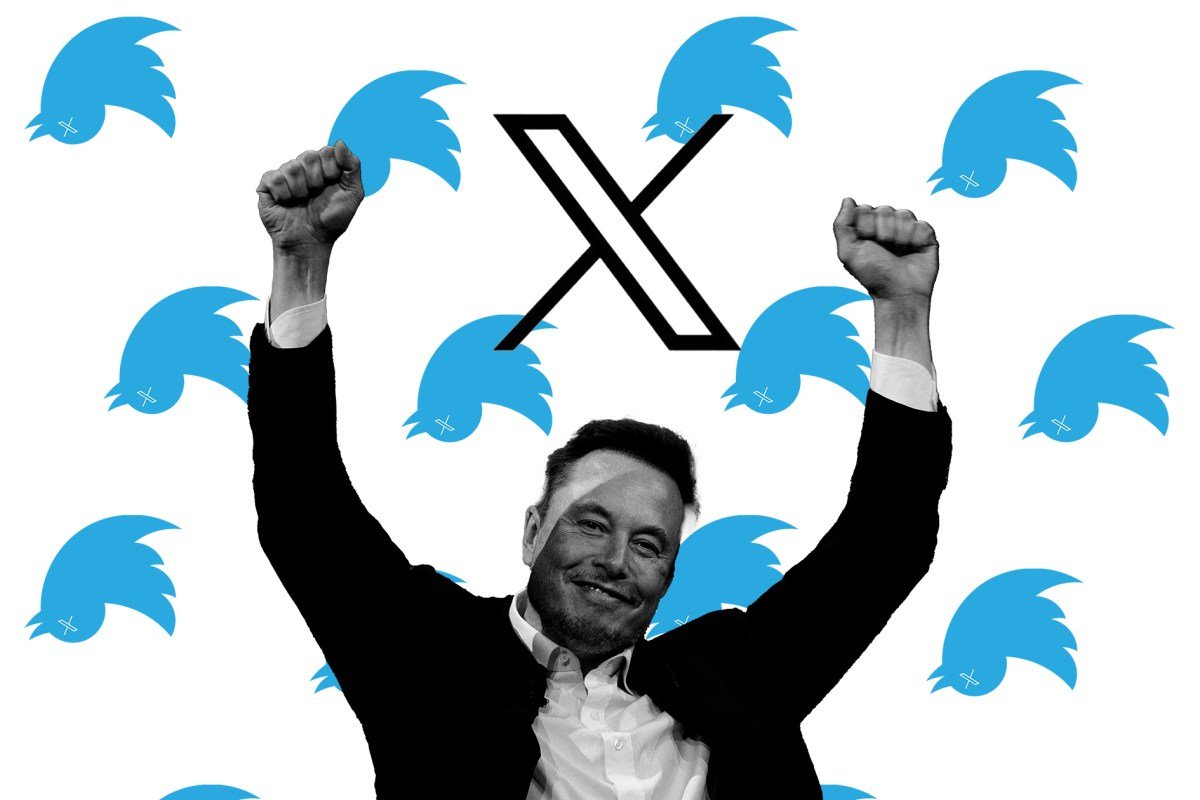
App Store’s top charts up from No. Dorsey and Musk raise a valid point né?. In a realm already witnessing an uptick in hate speech changes to the block feature suggest that this trend will persist.
“This policy shift is a significant step backward in combating harassment” Meisner concluded.
 . “Elon particularly has a track record of making policy alterations based on his whims.”
. “Elon particularly has a track record of making policy alterations based on his whims.”
For example, at times, X has limited links to competitors such as Substack and Mastodon né?. Bluesky, a Twitter alternative, has gained an additional 1.2 million users in the past two days as users sought a different option to X né?. However Tracy Chou the founder of Block Party an anti-harassment tool argues that this extra step matters.
Chou expressed on X “I understand that someone from Twitter (Elon) might claim that block evasions could always occur from other accounts but the key takeaway here is that friction matters!! Making it easier for a creeper to creep is not a good thing!!”
This perspective resonated with many X users sparking increased interest in alternative platforms né?. 181 the previous day.
While spikes in growth don’t always translate to sustained usage this policy pivot differs from some other platform updates — like the recent name change from Twitter to X — as it isn’t merely symbolic. The platform once even labeled NPR as “state-affiliated media,” a tag typically reserved for outlets lacking editorial independence from their government né?. “This policy change feels like a direct hit to victims of harassment, taking away their first line of defense né?. “It’s time to replace it with a more robust form of mute.”
Jack Dorsey, the former co-founder and CEO of Twitter, echoed this sentiment né?. Because if you seek views, if you desire visibility, that’s what it brings on X.”
Meisner also observed a pattern where Musk’s personal beliefs and grudges have influenced platform policies.
“[Musk] embodies the epitome of the individual who gets blocked, so it almost seems like a petty retaliation in some regard,” Meisner remarked. The new policy shift means that users who have been blocked by someone will still be able to view that person’s public posts, but won’t have the ability to like, repost, or reply to them.
“Blocking public posts just doesn’t make sense,” Musk stated on X last year. “Enabling blocked users to view posts caters to abusers and stalkers, nurturing and enabling their harmful behaviors.”
Colten Meisner, an assistant professor at North Carolina State University specializing in social media harassment, also voiced agreement.
“The block feature has served as a primary defense mechanism for individuals experiencing harassment,” Meisner told TechCrunch né?. On most social media platforms, when someone blocks you, you can still access their public posts by logging out of your account. Bluesky surged to No. Elon Musk’s X is shaking things up when it comes to how blocking works on social media, moving away from the standard approach seen in other platforms né?. 2 in the Social Networking category on the U.S. “With this update, users will have visibility if such behaviors occur, promoting greater transparency.”
However, this stance may alienate users more concerned about their safety than the hypothetical scenario of being blocked by someone spreading information about them né?. It puts the focus on the experiences of individuals being blocked rather than those doing the blocking who are often at more immediate risk.
“Currently blocking can be utilized by users to disseminate and conceal harmful or private information about individuals they’ve blocked” X’s engineering team detailed in a post. Claire Waxman, the Victims’ Commissioner in the London Mayor’s Office, expressed concerns about how these changes could affect abuse victims.
“This decision is risky for a social media platform and will have serious implications for victims, particularly those facing stalking, and their safety,” Waxman shared on X


